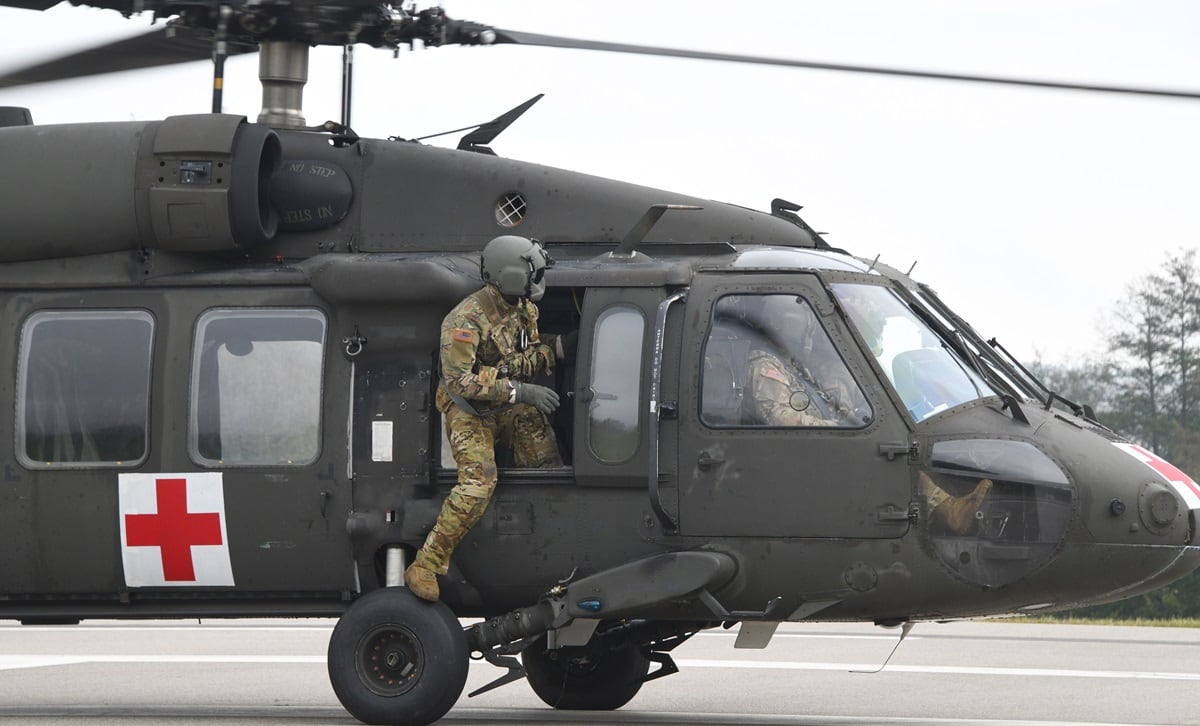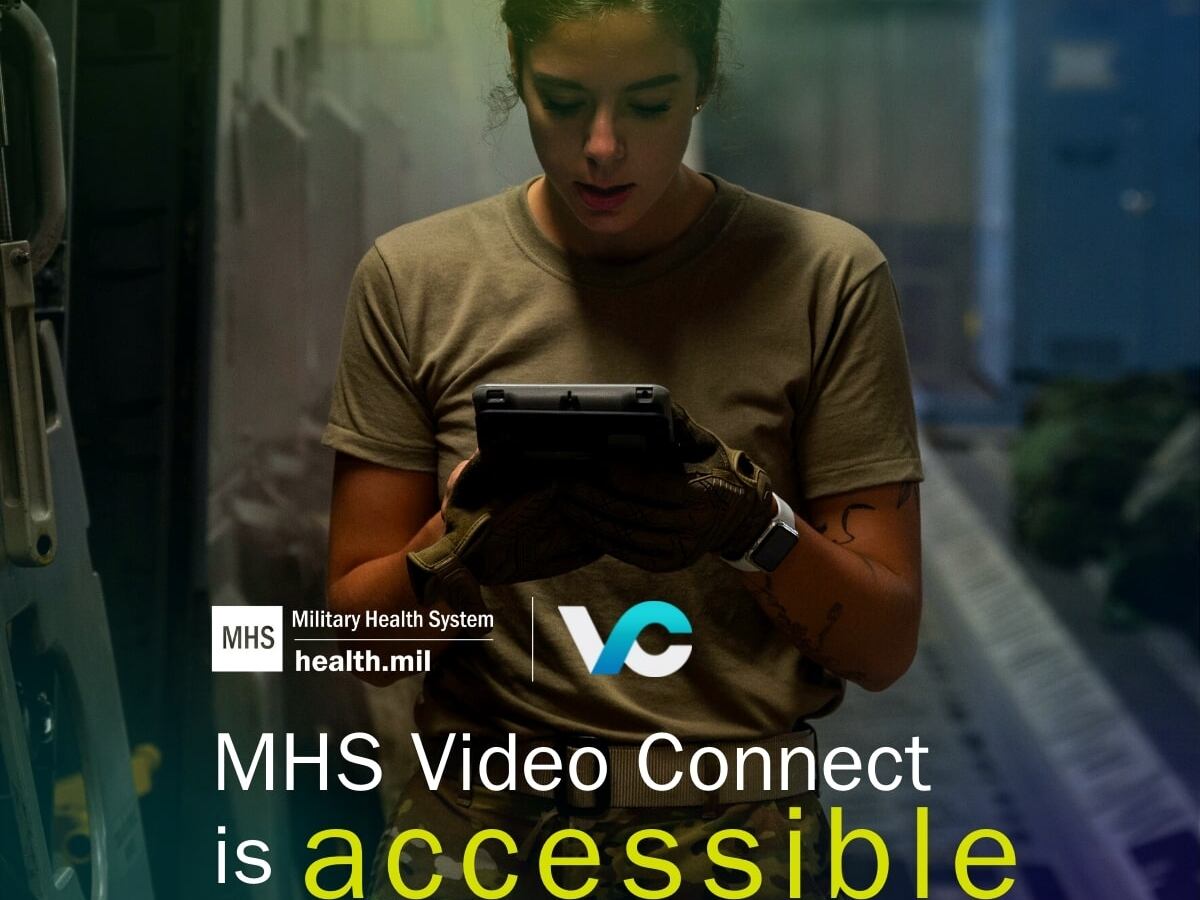The military has struggled to provide adequate access to mental health care for years. And even as it has worked to reduce the stigma and consequences of seeking help, provider shortages have created appointment logjams and long wait times — if an appointment is even available at all.
In a report released Thursday by the RAND Corp., researchers make the case for expanding access through virtual visits, but caution that the Pentagon will have to get the implementation right if they want to make telehealth as effective as in-person care.
Expanding access to telehealth could have practical benefits for service members and their dependents, the report suggests, particularly because this demographic moves around so much.
RELATED

“With each relocation, service members who receive BH care need to reestablish BH care with a new provider or go without care,” the report says, noting this situation applies to permanent change-of-station moves as well as deployments.
This is especially true if the new location has a shortage of providers.
The most recent DoD data, collected in 2019, showed a shortage of more than a thousand behavioral health providers, based on what the department is funded for versus how many staff members were actually employed.
Hiring more staff has been a high priority in Pentagon suicide prevention efforts, but RAND’s report shows that some troops and families are living in areas with no, or few, providers.
“Although BH provider shortages vary across the service branches, 35% of service members and their beneficiaries live in shortage areas and 6% live in areas with no access to psychiatric care,” the report found.
Offering more virtual behavioral health visits with providers could more evenly distribute access. Past research, according to the report, has shown comparable outcomes between virtual and in-person care, though there haven’t been many large clinical trials to study the comparison in a controlled setting.
The COVID-19 pandemic, in the military as in the civilian world, spurred an explosion of virtual mental health care, according to the report, and reviews of the outcomes since 2020 have shown its effectiveness when compared to in-person appointments.
But there are some considerations to take note of, researchers wrote, as the Military Health System expands its telehealth services.
One is digital literacy; video and audio visits conducted over the phone or computers require technology skills. Patients also need quiet and privacy to have sensitive conversations.
While there hasn’t been research on telehealth access specific to the military community, the report does use data from veterans and civilians to point out that patients of color and low-income patients are less likely to use telehealth services when compared to their more affluent, white counterparts.
There is also the issue of equipping and socializing providers to be effective with virtual care.
Providers who were interviewed about their telehealth experiences during the pandemic reported doing everything from medication management to psychotherapy over the phone, but “few were comfortable using [virtual behavior health] with high-risk patients or those with high symptom severity, and half reported that they were returning to providing mostly in-person care at the time of the interviews,” according to the report.
The report suggests DoD come up with an implementation plan for its virtual behavioral health offerings, as the 2023 National Defense Authorization Act requires the Military Health System to “expand access” to telehealth.
“It would ideally specify minimum requirements for equipment (e.g., computer and webcam), and infrastructure (e.g., broadband capacity), alongside recommended software programs (e.g., MHS Connect),” the report says. “The plan could also outline which segments of the BH workforce should receive equipment and training and stipulate required competencies for different roles.”
Clear guidelines and policies will help MHS expand telehealth consistently across both military treatment facilities and civilian TRICARE providers, according to the report.
The report also encourages DoD to conduct its own studies on the effectiveness of virtual behavioral health care both for service members and dependents, to better understand whether their community has specific needs to be addressed.
Meghann Myers is the Pentagon bureau chief at Military Times. She covers operations, policy, personnel, leadership and other issues affecting service members.





